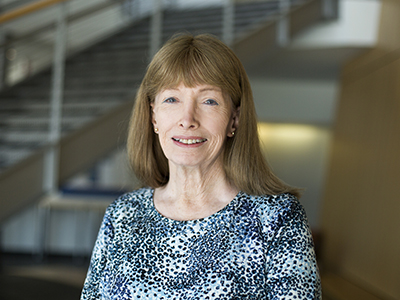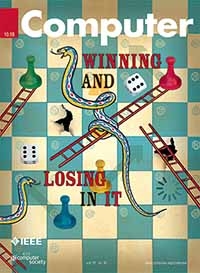Maxwell’s Baobao Zhang Awarded NSF CAREER Grant to Study Generative AI in the Workplace
Baobao Zhang, associate professor of political science and Maxwell Dean Associate Professor of the Politics of AI, has received a National Science Foundation Faculty Early Career Development (CAREER) Award for $567,491 to support her project, “Future of Generative Artificial Intelligence…



 As a young researcher at IBM in the 1960s, she made pioneering innovations in computer architecture. IBM fired her in 1968 upon learning she was undergoing gender transition. A gritty survivor, she restarted her career in “stealth-mode” after completing her transition.
As a young researcher at IBM in the 1960s, she made pioneering innovations in computer architecture. IBM fired her in 1968 upon learning she was undergoing gender transition. A gritty survivor, she restarted her career in “stealth-mode” after completing her transition.